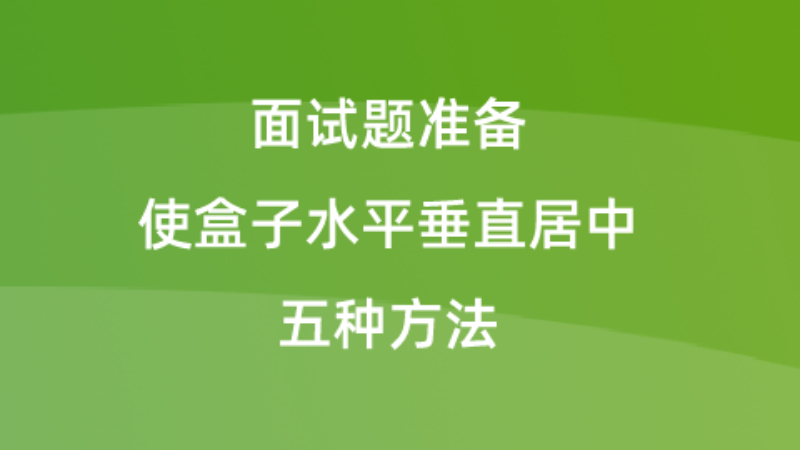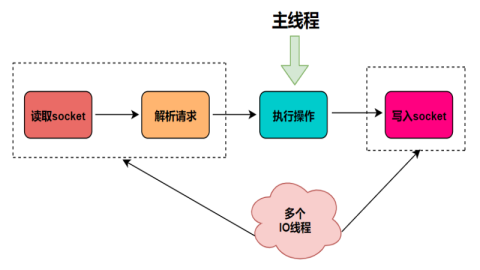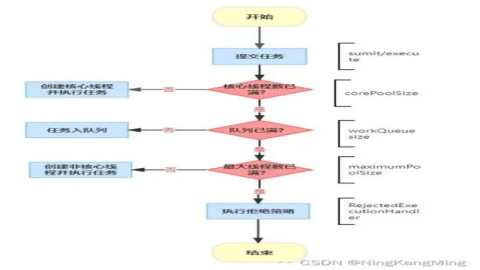转载声明:文章声明:https://blog.csdn.net/weixin_46587293/article/details/123226295
HTML 结构
我要居中

1. 使用 flex 实现
把父元素设置为 flex 或者 inline-flex,使其中的盒子沿主轴和交叉轴水平垂直居中
/* 给 wrapper 添加下类 */
.flex-style {
display: flex;
justify-content: center;
align-items: center;
}
2. 使用 position + margin 负边距实现
适用于已知内部盒子宽高
给父元素设置相对定位,给子元素设置绝对定位
再让子元素沿上方和左方偏移 50% 的父元素高宽,但因为是根据左上角偏移的
所以要用负边距 margin 来修正,修正的大小为宽高的一半
/* 给 wrapper 添加下类 */
.position-style {
position: relative;
}
/* 给 content 添加下类 */
.position-sub {
position: absolute;
left: 50%;
top: 50%;
margin: -50px 0 0 -50px;
}
3. 使用 position + transform 实现
适用于未知内部盒子宽高,已知亦可以
将上一个实现的 margin 改为 transform 即可
/* 给 wrapper 添加下类 */
.position-style {
position: relative;
}
/* 给 content 添加下类 */
.position-sub {
position: absolute;
left: 50%;
top: 50%;
transform: translate(-50%, -50%);
}4. 使用 position + margin 填充实现
在子绝父相的基础上
使子元素上下作用的偏移均为 0
再让子元素自适应外边距 margin
注意:如果子元素的宽高是未设置的,则会填满整个父元素
/* 给 wrapper 添加下类 */
.position-style {
position: relative;
}
/* 给 content 添加下类 */
.position-sub {
position: absolute;
left: 0;
top: 0;
right: 0;
bottom: 0;
margin: auto;
}
5. 使用table-cell 实现
使用 table-cell,使父元素变为一个表格单元格,再用
vertical-align: middle;
text-align: center;
可使文字居中
这就要求中间的子元素需要有行级属性 inline 或 inline-
/* 给 wrapper 添加下类 */
.table-style {
display: table-cell;
vertical-align: middle;
text-align: center;
}
/* 给 content 添加下类 */
.table-sub {
display: inline-flex;
}
总结
介绍了 div 盒子居中的五种方法,其中需要设置子元素宽高的有 第二种 定位 + 负边距 第四种 定位 + 外边距自适应






帖子还没人回复快来抢沙发